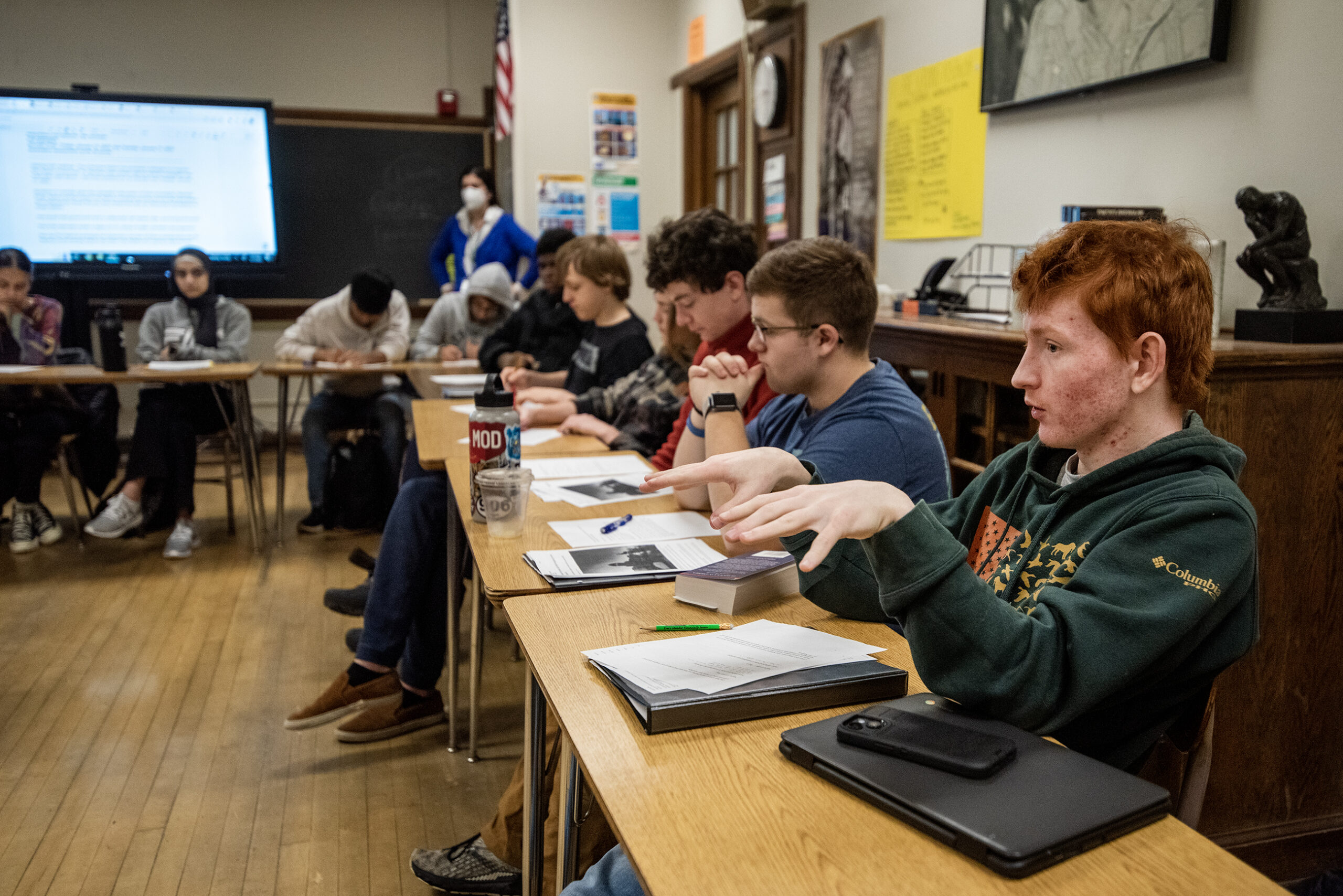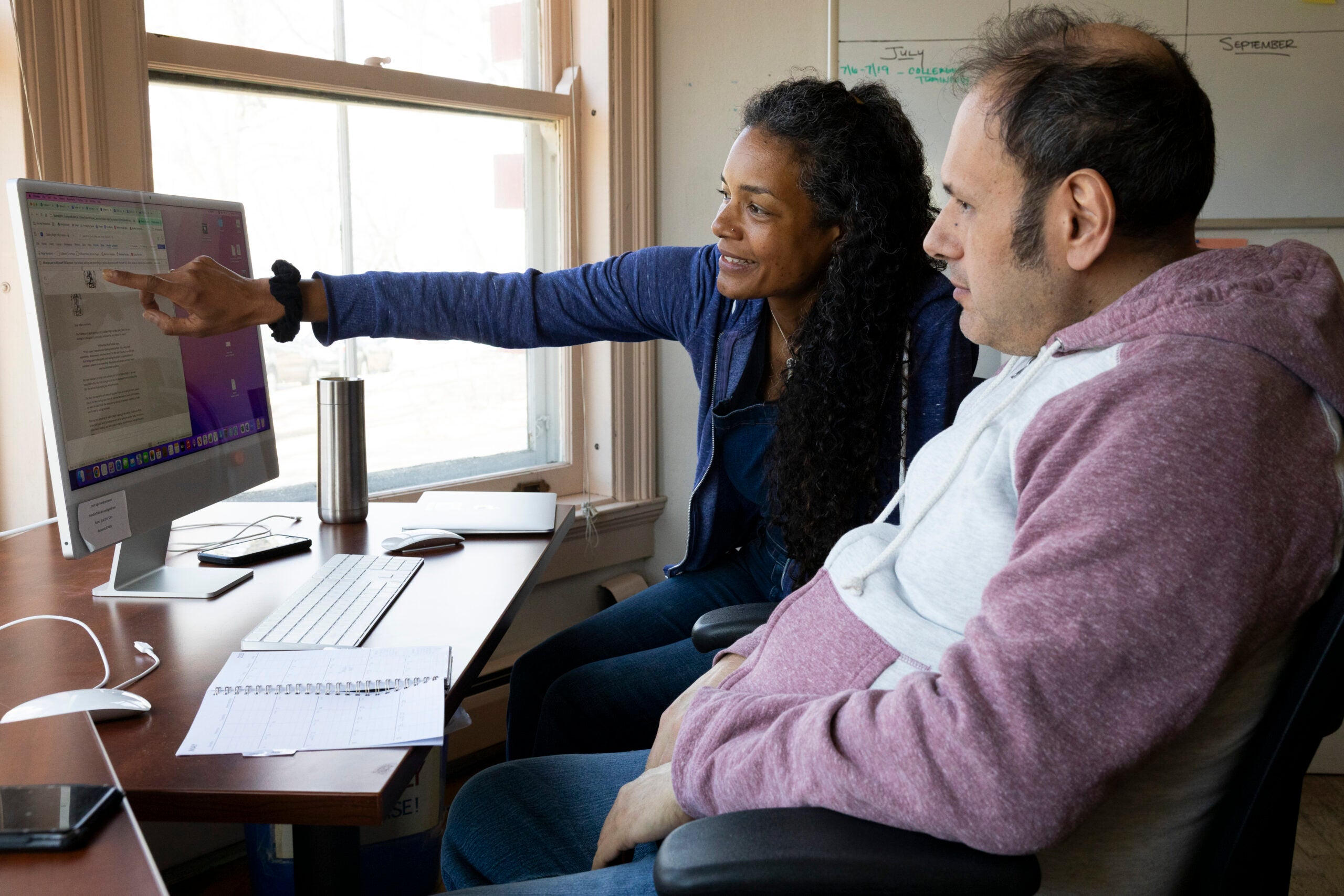Wisconsin has seven Clubhouses, which help people with serious mental illness forge careers and make social connections.
In 1948, a group of patients at Rockland State Hospital in Orangeburg, New York formed a self-help group to share their stories and form friendships. When they left the hospital, they didn’t stop meeting — they renamed themselves “We Are Not Alone.”
That group was the genesis of what today is Clubhouse International, an organization dedicated to helping people with serious mental illness stay active in their jobs or education.
News with a little more humanity
WPR’s “Wisconsin Today” newsletter keeps you connected to the state you love without feeling overwhelmed. No paywall. No agenda. No corporate filter.
“It’s hard to go back to work or school if you don’t have … a support system in place,” Ben Holt, associate director of the Grand Avenue Club in Milwaukee, told WPR’s “Wisconsin Today.”
Since its start in 1948, the organization has grown to over 350 organizations in 32 countries around the world. Wisconsin has seven Clubhouses, four unaccredited and three accredited.
Clubhouses aim to reverse trends of people with serious mental illness being left out of society and the economy, and a big focus of the Clubhouse model is helping people with severe mental illness get sustainable work.
Research over the years indicates that the Clubhouse model is particularly effective at reducing hospitalization rates of members. Evidence also points to increased quality of life and duration of employment.
“Every clubhouse has a focus on employment,” said Kathy Ziegert, clubhouse director at Chrysalis in Madison. Research has shown people with mental illness experience significantly higher rates of unemployment than those without mental illness.
The Clubhouse model has tiers of employment support: transitional employment, supported employment and independent employment.
Transitional employment helps people who may have been out of the workforce for a while ease back in. Clubhouses partner with local businesses, then members work temporary jobs with support of Clubhouse staffers on site.
Transitional employment “can be a really great jump off point for what’s next,” Ziegert said.
Holt added that if a Clubhouse member has a bad mental health day during their transitional employment, a staffer will fill in for them. “(For) … a lot of folks with mental illness, what’s difficult with their journey back to employment is they have one bad day, and it derails everything,” he said.
Clubhouses are also run by members.
“People here are involved in all the decision making and operations of running a clubhouse,” Holt said. “We have members on our board of directors, for example. So even at the highest levels of our organization, there’s member input,” he said.
Clubhouses also practice consensus decision making, where members come to agreements everyone can live with.
“That buy-in is really, really powerful. It’s a very different dynamic, and it’s something we hear from members all the time,” Holt said.
Wisconsin Public Radio, © Copyright 2026, Board of Regents of the University of Wisconsin System and Wisconsin Educational Communications Board.





